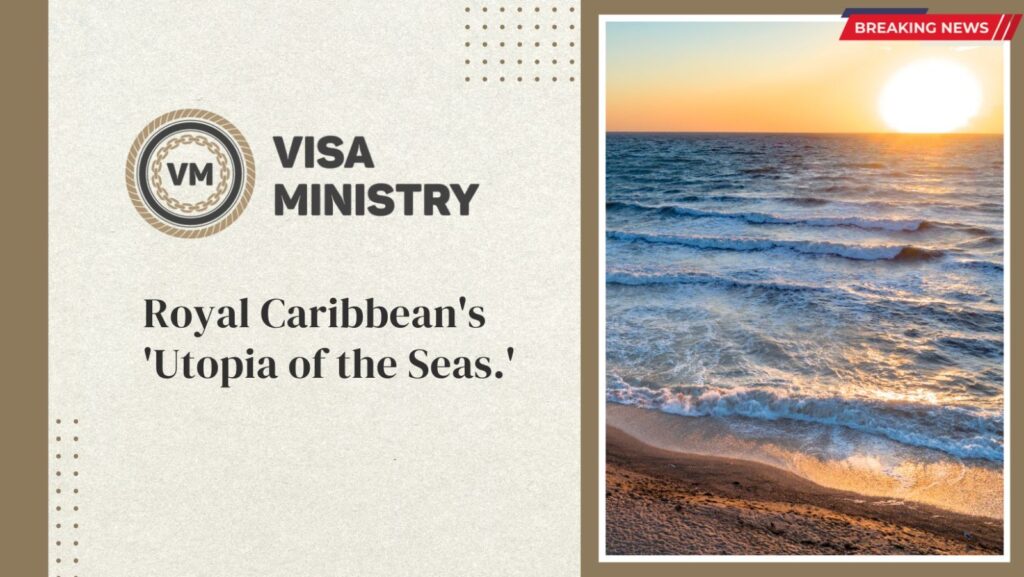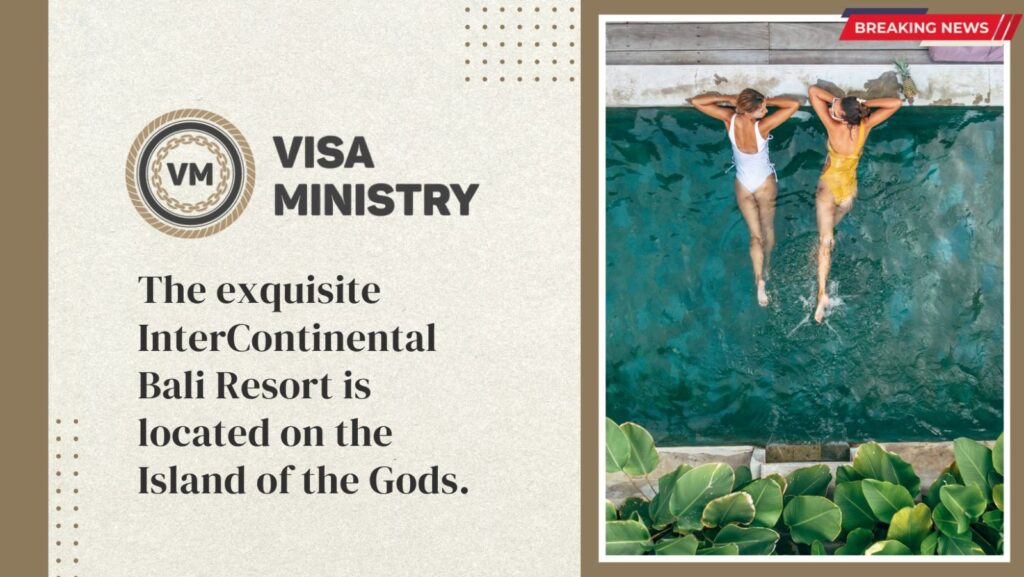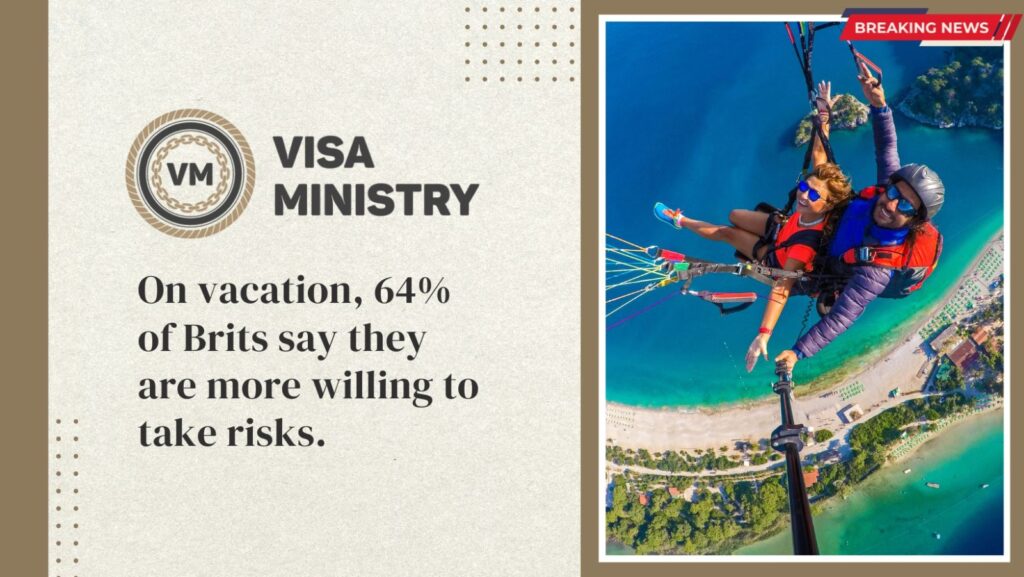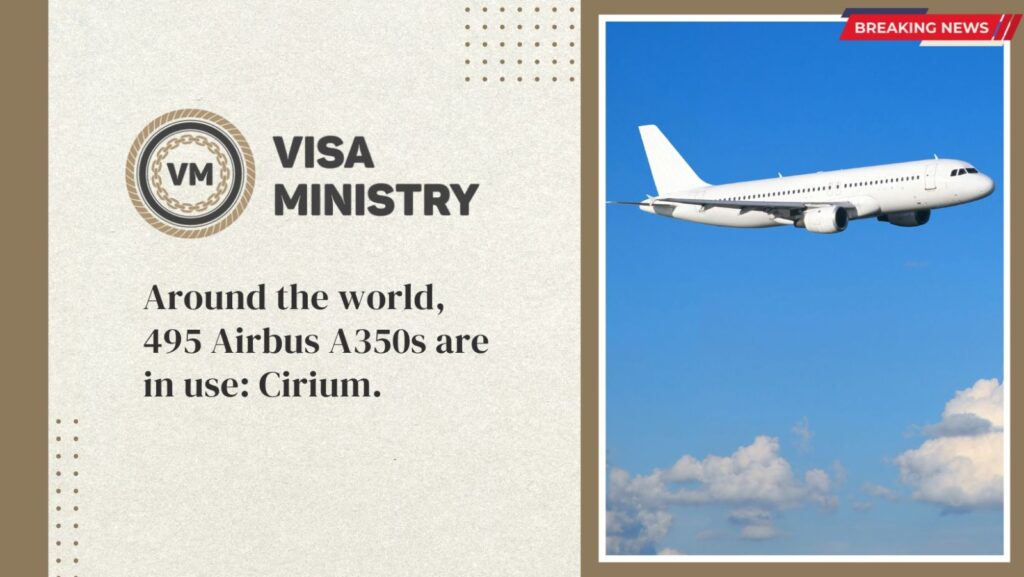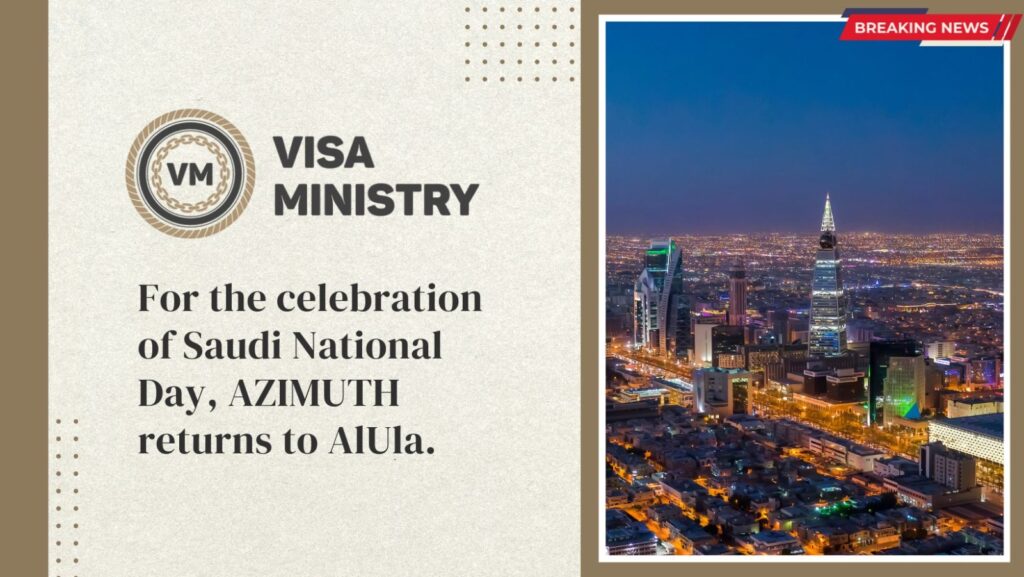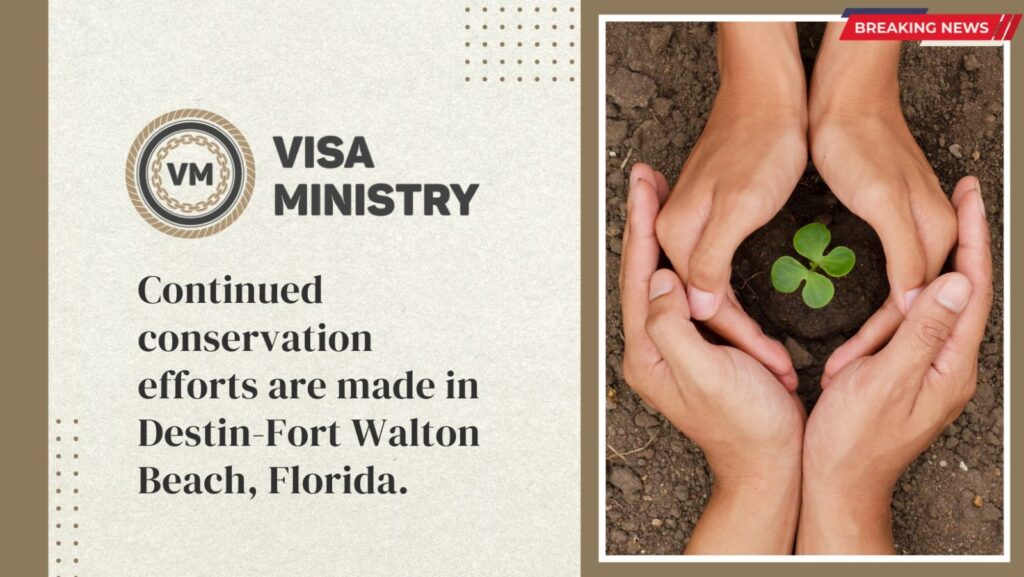Almosafer, Saudi Arabia’s travel company (part of the Seera Group), and Klook, Asia’s premier travel and experiences platform, have launched Almosafer Activities, the first-ever comprehensive tours and activities platform for the KSA market. The launch follows the signing of an agreement between the two travel industry titans in early 2022 to establish the joint venture with the purpose of creating a holistic B2B marketplace for activities in the Kingdom, filling a void in a market that has largely seen fragmented options for bookable ‘things to do’. Almosafer Activities is a one-stop digital platform with end-to-end content and inventory management solutions that enables tourism and leisure activity merchants in Saudi Arabia, as well as distributors around the world, to offer an unprecedented selection of products to visitors to, from, and within the Kingdom. The platform, which will go live for distributors in the third quarter of 2023, will leverage Klook’s position as the foremost global distributor of experiences and services and make it easy for domestic and foreign tourists to book activities. Almosafer Activities will connect Saudi Arabian travellers to global platforms, beginning with Klook. The introduction of Almosafer Activities supports the Saudi Vision 2030 tourism strategy by promoting both international and domestic tourism. Additionally, the platform will support small and medium-sized merchants by providing them with a platform and access to additional distribution channels. Fahd Hamidaddin, CEO and Board Member of the Saudi Tourism Authority, stated, “Saudi Arabia is at the forefront of global tourism growth. We are enduring a remarkable transformation and experiencing unprecedented growth, positioning ourselves as the world’s largest investor in tourism – this presents an exciting opportunity for both our current and prospective partners. “The inauguration of Almosafer Activities represents another significant step towards establishing world-class standards for travellers and empowering the tourism ecosystem in accordance with Vision 2030’s objectives. Through this cutting-edge digital platform, Almosafer Activities will provide travellers with effortless access to a vast array of activities and one-of-a-kind experiences. Our goal is to encourage visitors from all over the globe to discover the genuine essence of Arabia, our cherished homeland.” The CEO of Almosafer, Muzzammil Ahussain, stated, “We are thrilled to launch Almosafer Activities with Klook. Our new platform functions as a dependable marketplace for activities, tours, events, attractions, and experiences, while providing merchants and distributors with an abundance of opportunities. Almosafer Activities will empower the travel and tourism ecosystem as a whole while supporting the Kingdom’s strategy to continuously improve its domestic tourism offering and expand its inbound tourism footprint. C.S. Soong, Vice President of Corporate Development at Klook, stated, “The launch of Almosafer Activities represents a substantial step forward for the industry and will play a vital role in propelling Saudi Arabia towards Vision 2030. This new platform seamlessly connects the experience sector and promotes the digital transformation of merchants by leveraging Klook’s technological prowess and innovative merchant solutions. Moreover, we are confident that this strategic partnership will inspire and attract a greater number of international tourists to the Kingdom, thanks to our extensive global network.” Almosafer Activities offers a state-of-the-art app for merchants to administer their products and make them accessible to distributors on Almosafer Activities. Distributors will have access to exclusive activities and experiences in Saudi Arabia. The joint venture will reflect Almosafer’s digital-first approach, offering advanced digital solutions to merchants and distributors to help unlock selling opportunities as well as convenient payment cycles and seamless online payments. Source: traveldailymedia
